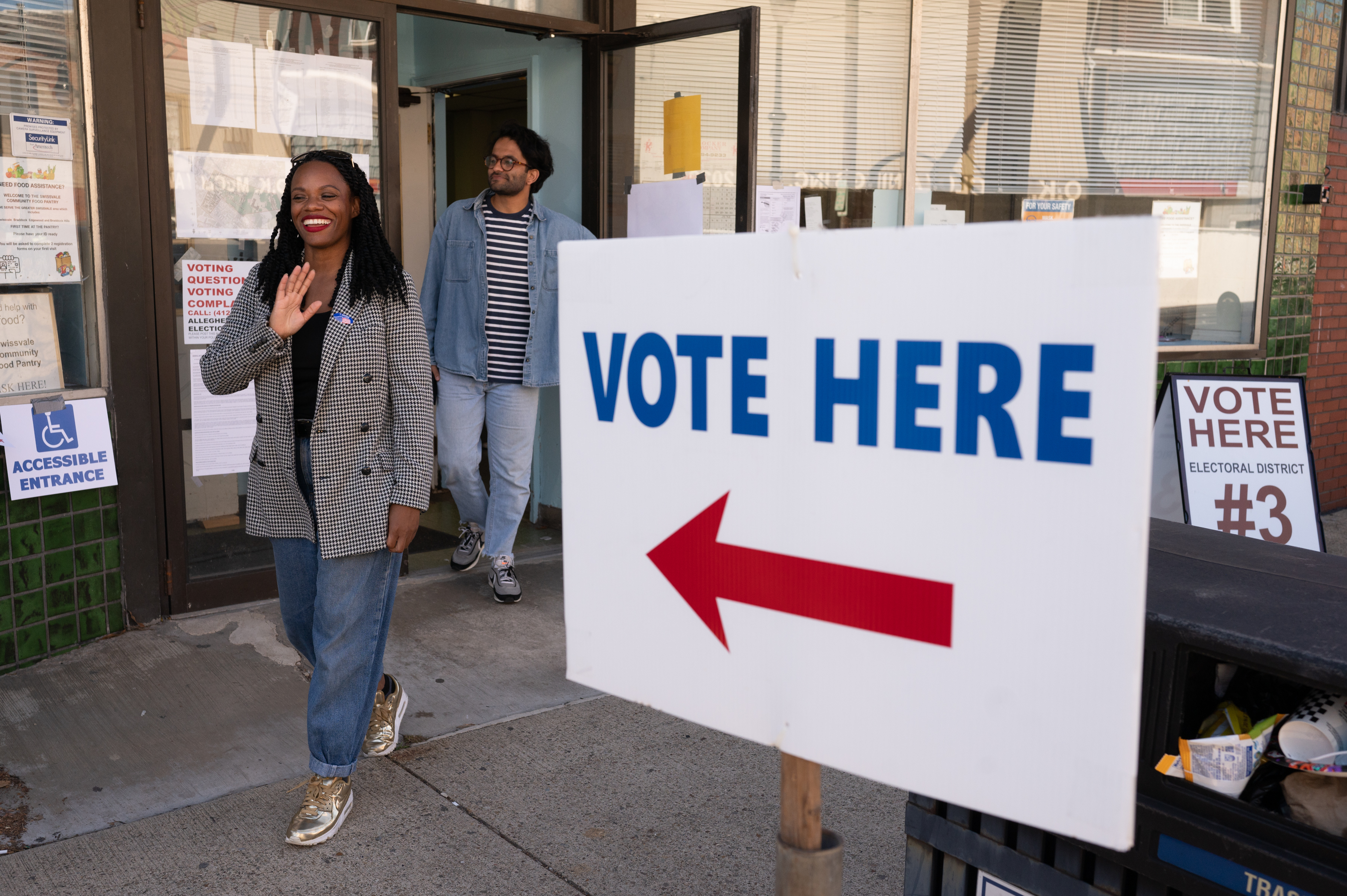About a half million New Jersey residents would lose health insurance under U.S. House Republicans' proposed replacement to the Affordable Care Act, a liberal-leaning think tank said Tuesday.
The New Jersey Policy Perspective said in a new report that under the plan supported by Republican President Donald Trump, 476,000 fewer people would have health insurance by 2020. The nonpartisan Congressional Budget Office has estimated that 21 million people nationally will lose coverage by 2020.
In some other states, governors' offices have offered their own estimates, but Republican Gov. Chris Christie's office has not yet done so.
The report's conclusion is based on several sources, including the state's nonpartisan Office of Legislative Services data for the current fiscal year and the Congressional Budget Office's estimate.
The report relies on an assumption that New Jersey would no longer continue its Medicaid expansion under the new legislation because of ballooning costs to the state. The report also does not reflect changes to the bill that Republicans unveiled Monday.
Democratic lawmakers joined a teleconference where the report was unveiled and called on Christie to lobby Trump to preserve the Medicaid expansion.
Democratic U.S. Sen. Bob Menendez said Christie should take advantage of his relationship with Trump to push for halting the legislation.
Local
Breaking news and the stories that matter to your neighborhood.
"I'd be using my political capital to turn that around if i were him,'' Menendez said.
Christie responded to a question about the report at an unrelated event on Tuesday by shrugging off the findings of the think tank, which regularly criticizes him.
"Oh, God, who cares?'' he said. "'I'm shocked."
Spokesman Brian Murray added that Menendez's encouragement is "unnecessary,'' and that the governor talks to the president on a regular basis.
The GOP bill would dismantle the Affordable Care Act's requirements that most people buy policies and that larger companies cover workers. Federal subsidies based largely on people's incomes and insurance premiums would end, and a Medicaid expansion to 11 million more low-income people would disappear.
Included in changes to the bill proposed Monday by the GOP was language paving the way for the Senate, if it chooses, to make the tax credit more generous for people ages 50 to 64. Republicans said the plan sets aside $85 billion over 10 years for that purpose.
Menendez called the $85 billion a "slush fund."
The GOP leaders' proposals would accelerate the repeal of tax increases that President Barack Obama imposed on higher earners, the medical industry and others to this year instead of 2018. It would be easier for some people to deduct medical expenses from their taxes.
Older and disabled Medicaid beneficiaries would get larger benefits. But it would also curb future growth of the overall Medicaid program, which helps low earners afford medical coverage, and let states impose work requirements on some recipients. Additional states could not join the 31 that opted to expand Medicaid to more beneficiaries under the ACA.
In a bid to cement support from upstate New Yorkers, the revisions would also stop that state from passing on over $2 billion a year in Medicaid costs to upstate counties, though it exempts Democrat-run New York City from that protection.
Democrats have opposed the GOP repeal effort.



